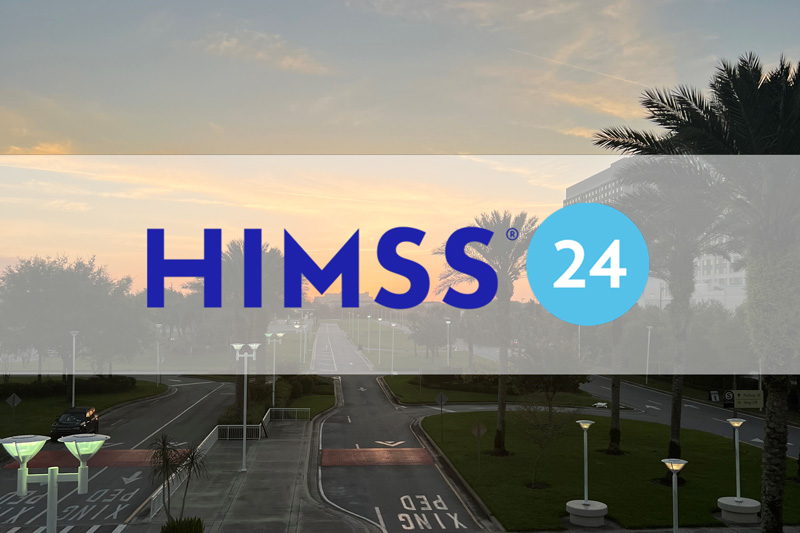 2017 was quite an eventful year in the healthcare industry. There was a lot of discussion about technological innovation, such as artificial intelligence and blockchain, and the impact this technology could have on healthcare. In addition, this year was marked by attempts to repeal the Affordable Care Act, as well as discussion around and implementation of new forms of payment in healthcare such as value-based care models.
2017 was quite an eventful year in the healthcare industry. There was a lot of discussion about technological innovation, such as artificial intelligence and blockchain, and the impact this technology could have on healthcare. In addition, this year was marked by attempts to repeal the Affordable Care Act, as well as discussion around and implementation of new forms of payment in healthcare such as value-based care models.
What will 2018 bring in healthcare? Will providers be able to take advantage of predictive analytics? How will data and analytics impact healthcare’s ability to measure population health? How will providers gain more trust in their data? Here are some of my thoughts on the future role of data and analytics in healthcare.
What advancements were made in 2017?
Before we look into the future, it’s important to reflect on the successes and failures of the past year. Over the last decade, the amount of data has rapidly increased, especially as hospitals implemented electronic health records (EHRs). Since 2008, advancements in EHRs have helped in the collection of more available, complete, and accurate data. EHRs have streamlined data collection and have made this information more reliable and available, creating a meta-data that can be queried. Healthcare providers have also been relying on data and analytics to examine the health and wellness of patient populations. With insights into socio-determinant factors, genetics, and patient history, providers can more thoroughly understand their patients and create better treatment plans for quality patient care.
However, there are still pain-points that healthcare organizations need to address. For example, they still lack an understanding of their businesses because they lack feedback and input on how data and analytics could help them in their processes. Additionally, as more information becomes available, hospitals have difficulty in understanding what data is quality and what is noise. Providers need to understand the data, curate it, and ensure the people interacting with data can understand what is being measured.
How will data and analytics impact healthcare in 2018?
In the coming year, data and analytics will continue to play a major role in healthcare. Here are some ways it will do so:
Population health: Analytics will help to test and confirm health models for populations while balancing the goal of making and keeping communities healthy. Through the collection of health information, healthcare providers can identify at-risk patients within a population. Furthermore, data and analytics will help those in healthcare gain better insights into population health epidemics such as heart disease, obesity, diabetes, and more recently, opioid overuse.
Predictive analytics: Analytics had been used in a descriptive manner, a way for those in the industry to understand a patient population. Through the big industry players, the role of analytics is now turning towards a predictive or prescriptive view. Hospitals already know what *is* going on and what *has been* going on, but with a shift towards predictive analytics, healthcare providers can understand what *will* go on. With such information, providers can predict potential at-risk patients and create treatment plans to address diseases. Finally, those in healthcare can gain insights about health in their communities to improve outcomes and provide better patient care.
Data governance: With the rapid increase in data, healthcare providers need to be able to distinguish quality data from noise. However, such techniques are only successful when you have reliable data. Data governance is so important because it:
- Achieves greater ownership in the data
- Allows for greater trust in data
- Results in better data-driven decision making
What should we expect in 2018?
As we move into 2018, organizations need more than ever to understand complex data, and analytics can help them do that. As healthcare providers gain more insight through quality information, they can move towards predicting health outcomes and providing better patient care. Data integrity will become even more important. By having quality data accessible to them, healthcare providers will be able to better incorporate data and analytics into their daily workflow in order to generate meaningful insights.
Ready for a test drive of our healthcare analytics software?
- Understanding Wineries’ Top 3 IT Priorities - September 18, 2018
- 3 Skills Tomorrow’s Distributor Executives Need to Know - August 29, 2018
- Dimensional Insight Book Club: Why We Sleep - August 23, 2018


